4 Signs Your Water Heater Needs Professional Repair
A sudden water heater failure can be an inconvenience or an outright catastrophe. Fortunately, it’s rare for modern water heaters to break down without displaying any early warning signs. If you know what to look for, you can spot potential water heater issues before a breakdown occurs. Keep an eye out for these four signs your water heater needs repair.
1. Your Home Runs Out of Hot Water Quickly
When your hot water doesn’t last as long as it used to, there are a few common culprits. The first and most likely cause of the problem is dip tube failure. The dip tube is attached to the cold water inlet in your water heater and extends into the hot water tank. The dip tube delivers cold water to the bottom of the tank where it is heated by the heating element.
If the dip tube is defective, cold water will mix with the hot water at the top of your water heater tank. Your home will run out of hot water quickly, and you may notice that the overall temperature of your hot water is reduced. A water heater technician can flush the tank and replace the dip tube so your water heater can heat properly again.
In some cases, your water heater may fail to provide enough hot water because the lower heating element is failing. If the heating element doesn’t produce enough heat, your water will be lukewarm and will quickly turn cold. The heating element may fail due to an electrical short or excessive sediment and corrosion buildup. Most water heaters have modular heating elements that a plumber can replace for you.
2. Your Hot Water Has Low Pressure
Your water heater may also be the cause if you struggle with low water pressure throughout your home, especially from the hot water side of your faucets. Changes in water pressure can happen gradually or quickly. A sudden drop in water pressure can happen if the shutoff valve isn’t open fully or if there’s a kink in your water heater supply lines.
Gradual loss of water pressure can usually be attributed to sediment buildup in your water heater and the attached water supply lines. Your home’s water supply naturally contains minerals that can collect inside your water heater over time. In some cases, sediment buildup can cause low pressure in both the hot and cold sides when it is present in connecting pipes. Removing sediment buildup by flushing the tank will be necessary to restore water pressure from your water heater.
3. Your Water Is Discolored or Smells Off
If your water appears rusty in color or has a smell similar to rotten eggs, your water heater is trying to tell you it needs repair. Water heaters contain a component called the anode rod that corrodes to protect your hot water tank from rust. When the anode rod is fully corroded, you may start to see these water quality changes in your home. Take quick action and call a professional to replace the anode rod so your water heater doesn’t suffer from corrosion.
4. Your Energy Bill Is Rising for Unknown Reasons
Have you noticed your energy bill creeping upward even though your electricity usage has remained the same? While this can have a variety of other causes, your water heater can certainly be behind the problem as well. According to the Department of Energy, water heating accounts for as much as 20 percent of energy use in the average home. Don’t forget to schedule a professional water heater inspection when you’re tracking down the source of your high energy bills.
Whether your hot water is discolored, lacking pressure, or simply not hot enough, you should consult a plumber to inspect your water heater for problems. Call the pros at
Quality Plumbing so we can help get to the bottom of your water heater issues.
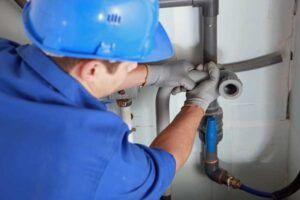
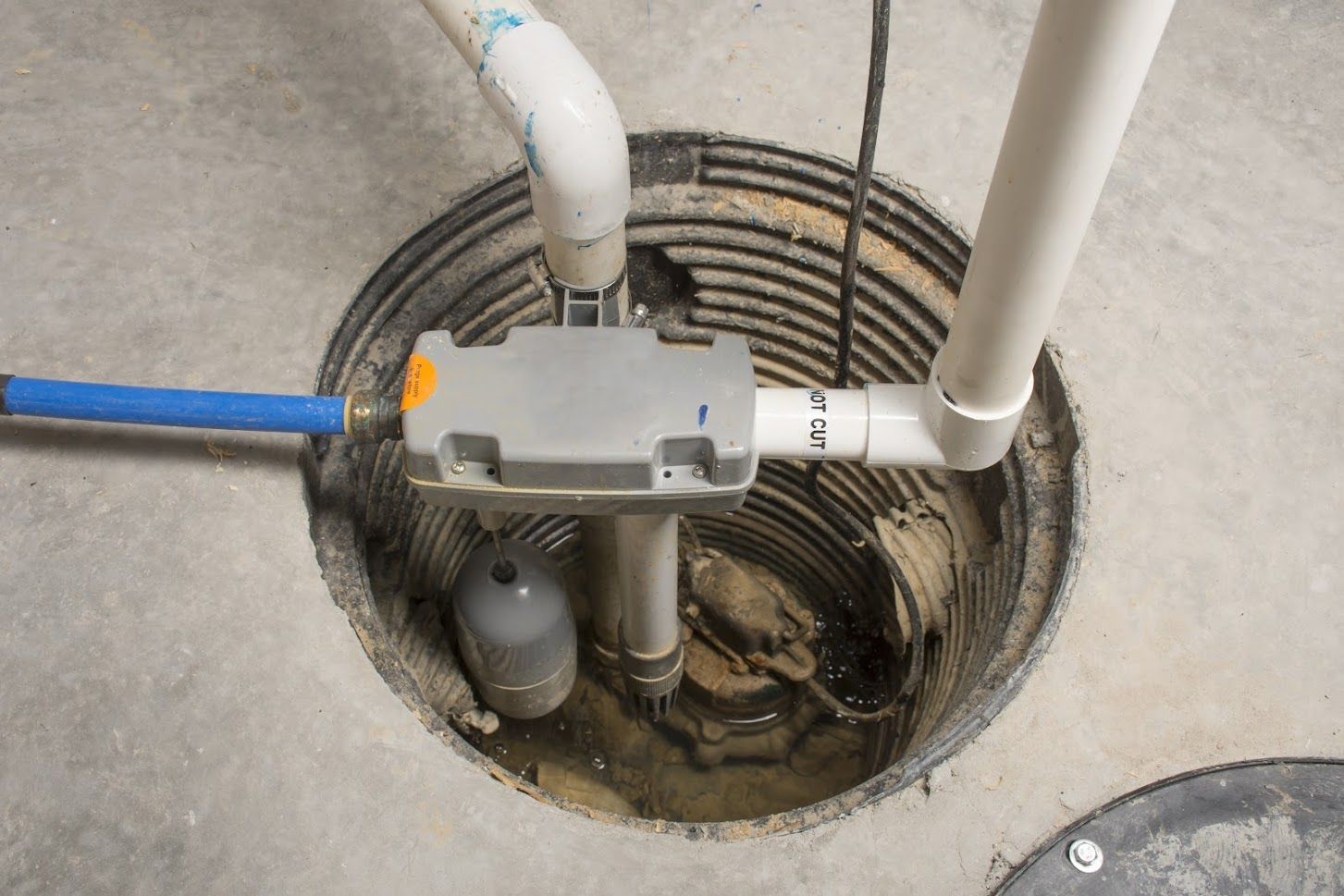

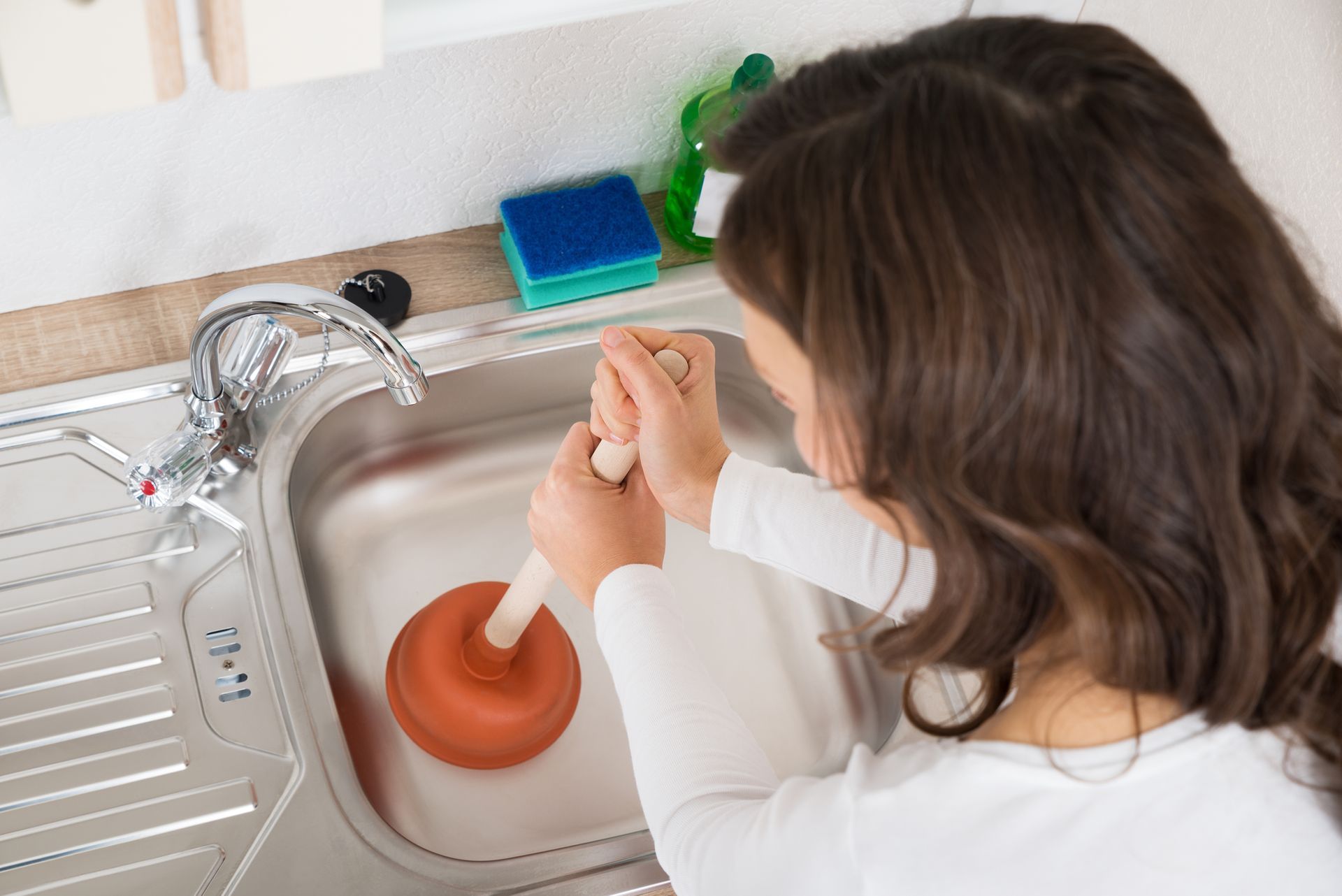

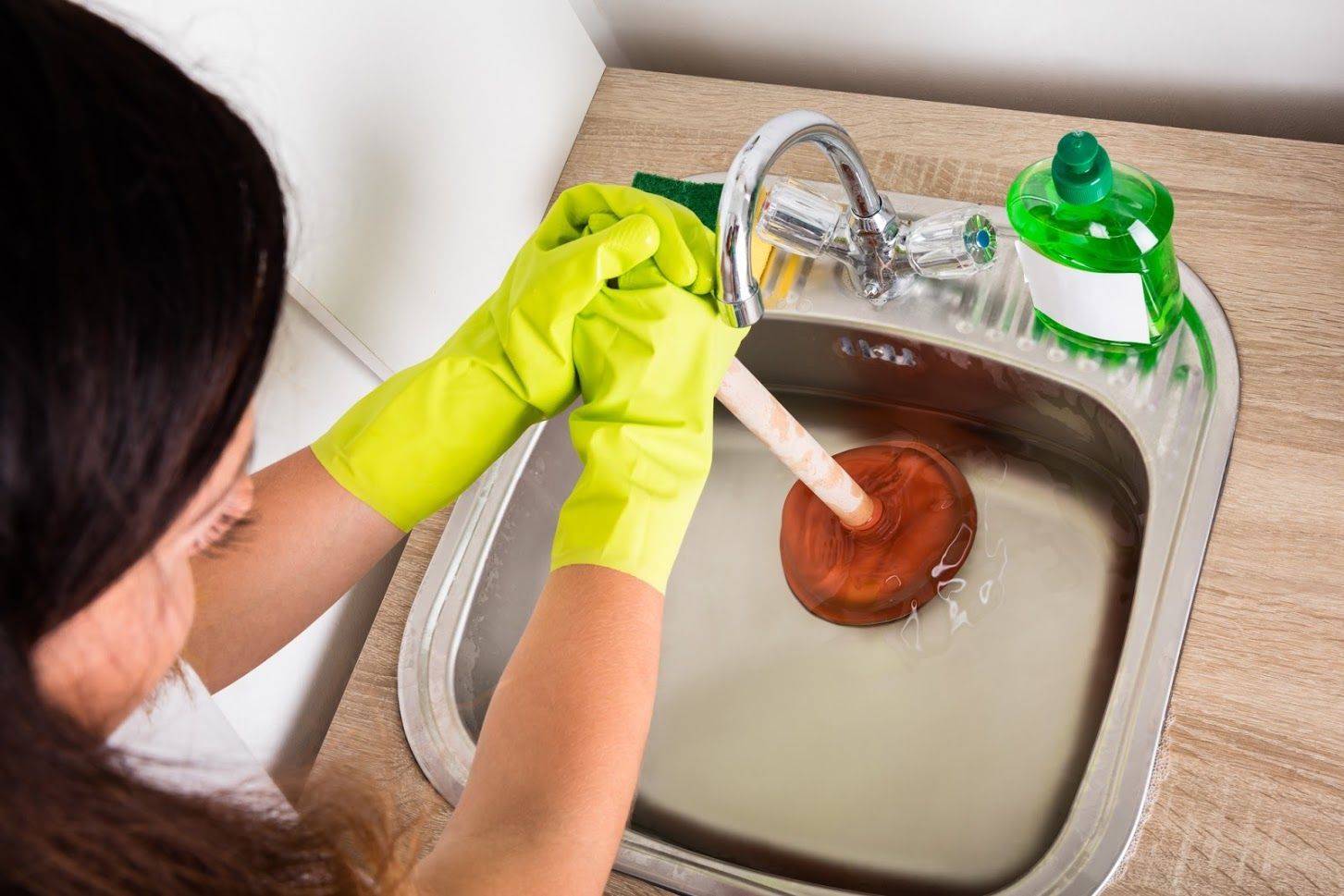
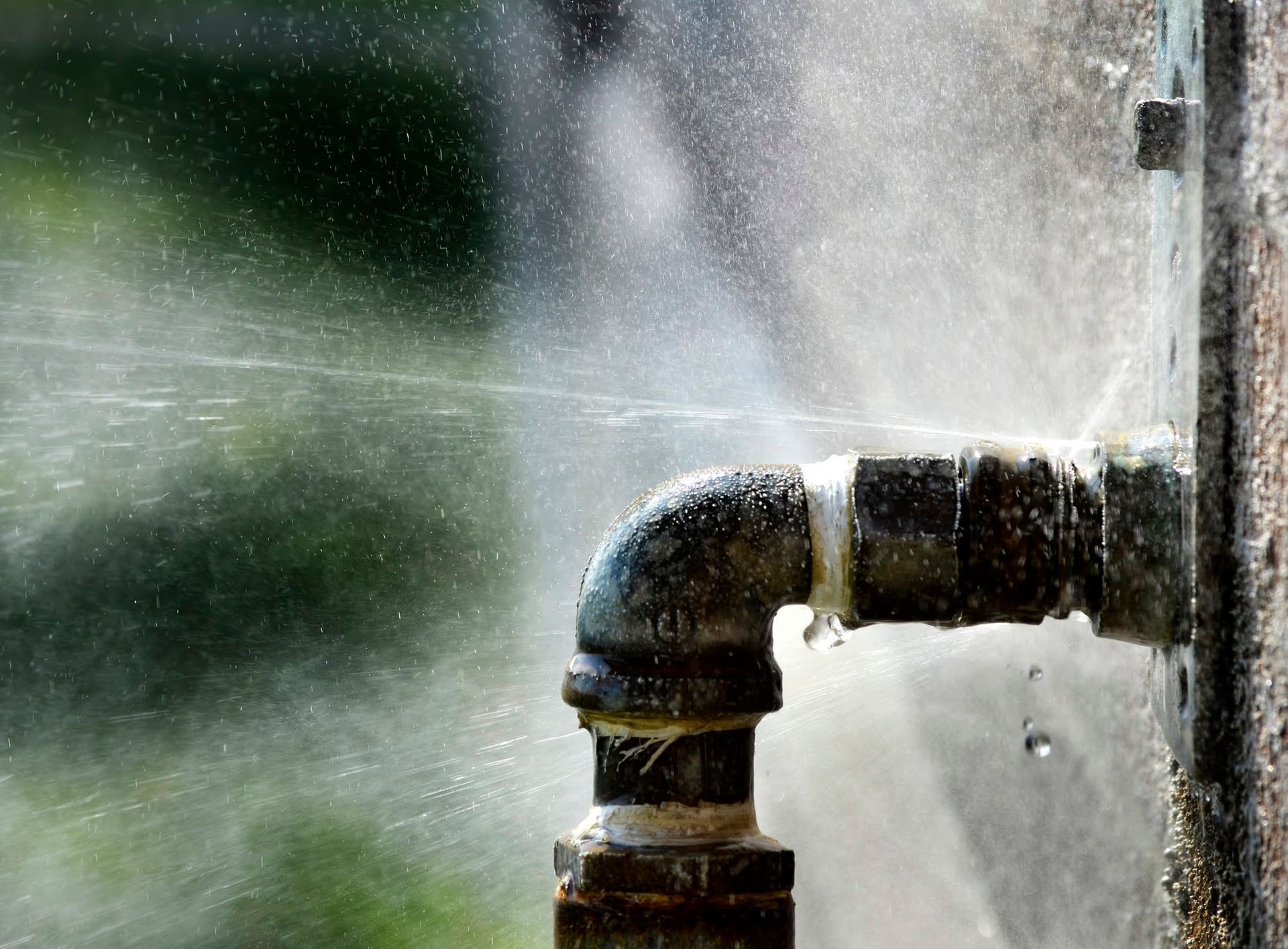

★★★★★
The total process from booking a service call, by phone, to the installation of a steel reinforced waterline hose on our refrigerator, was a pleasurable experience. A retired plumber recommended QP. Jeff had to pull out the refrigerator, remove the plastic waterline, install the new waterline, check to make sure the water dispenser was working and put the refrigerator back. Jeff was careful and mindfull of our wooden floor as the refrigerator was in a built-in cabinet. Since we live in a condo we want to eliminate all possibilities for a water leak. Jeff not only did his skillful job, he also educated us on the different water supply lines. I would recommend QP.
- Janeine G.
Button
★★★★★
Quality Plumbing did a rough-in plumbing install for a bathroom and kitchen sink in my basement. Very communicative, helped plan the space, and did a great job on the install. Will be using them again!
- Ian H.
Button
★★★★★
Called them when my water heater broke, they were over same day with a new one. Logan is great, he's fixed a couple things over the last year and is always professional and informative.
- Nick B.
Button
★★★★★
Quality plumbing is amazing 👏 when my brothers home had a problem with water pressure, they were able to schedule quickly, identify the problem and provide cost effective solutions quickly. When they did the work, they were on time on budget and cleaned up everything afterwards. Thank you for your great service Quality Plumbing! …
- Rich R.

★★★★★
Quality Plumbing is my go-to plumbing company for all my projects. I had one big project and after meeting Jeff, I’ve specifically requested him to come out for my other 2 projects. He’s incredibly punctual, efficient, and keeps the area nice and clean. Great to communicate with and provides clear answers to all my questions. Jeff is very professional and knowledgeable in his craft. Every time I call, Delaney will always pick up my phone calls and get me scheduled right away. Never had great success with plumbing companies until I started working with Quality Plumbing. They have unbeatable prices and will provide you with an honest solution to your problems. Highly recommend choosing Quality Plumbing!
- Alex D.
Button

★★★★★
The total process from booking a service call, by phone, to the installation of a steel reinforced waterline hose on our refrigerator, was a pleasurable experience. A retired plumber recommended QP. Jeff had to pull out the refrigerator, remove the plastic waterline, install the new waterline, check to make sure the water dispenser was working and put the refrigerator back. Jeff was careful and mindfull of our wooden floor as the refrigerator was in a built-in cabinet. Since we live in a condo we want to eliminate all possibilities for a water leak. Jeff not only did his skillful job, he also educated us on the different water supply lines. I would recommend QP.
- Janeine G.
Button
★★★★★
Quality Plumbing did a rough-in plumbing install for a bathroom and kitchen sink in my basement. Very communicative, helped plan the space, and did a great job on the install. Will be using them again!
- Ian H.
Button
★★★★★
Called them when my water heater broke, they were over same day with a new one. Logan is great, he's fixed a couple things over the last year and is always professional and informative.
- Nick B.
Button
★★★★★
Quality plumbing is amazing 👏 when my brothers home had a problem with water pressure, they were able to schedule quickly, identify the problem and provide cost effective solutions quickly. When they did the work, they were on time on budget and cleaned up everything afterwards. Thank you for your great service Quality Plumbing! …
- Rich R.

★★★★★
Quality Plumbing is my go-to plumbing company for all my projects. I had one big project and after meeting Jeff, I’ve specifically requested him to come out for my other 2 projects. He’s incredibly punctual, efficient, and keeps the area nice and clean. Great to communicate with and provides clear answers to all my questions. Jeff is very professional and knowledgeable in his craft. Every time I call, Delaney will always pick up my phone calls and get me scheduled right away. Never had great success with plumbing companies until I started working with Quality Plumbing. They have unbeatable prices and will provide you with an honest solution to your problems. Highly recommend choosing Quality Plumbing!
- Alex D.
Button









